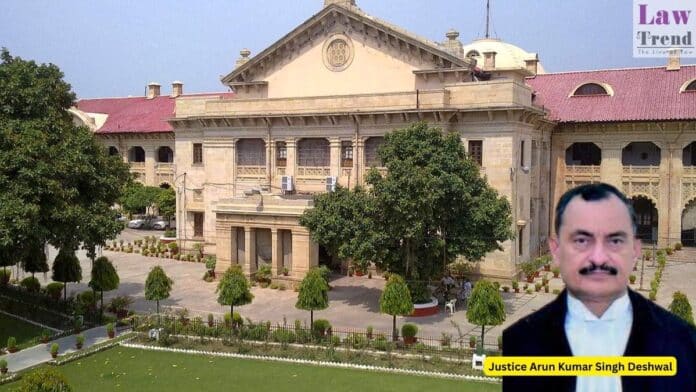The High Court of Judicature at Allahabad, while granting bail to an applicant in a kidnapping case, has issued a series of significant directions aimed at reforming the “menace” of delayed prisoner releases. Justice Arun Kumar Singh Deshwal directed the U.P. government to establish electronic surety verification within district court compounds and mandated that advocates
To Read More Please Subscribe to VIP Membership for Unlimited Access to All the Articles, Download Available Copies of Judgments/Order, Acess to Central/State Bare Acts, Advertisement Free Content, Access to More than 4000 Legal Drafts( Readymade Editable Formats of Suits, Petitions, Writs, Legal Notices, Divorce Petitions, 138 Notices, Bail Applications etc.) in Hindi and English.




